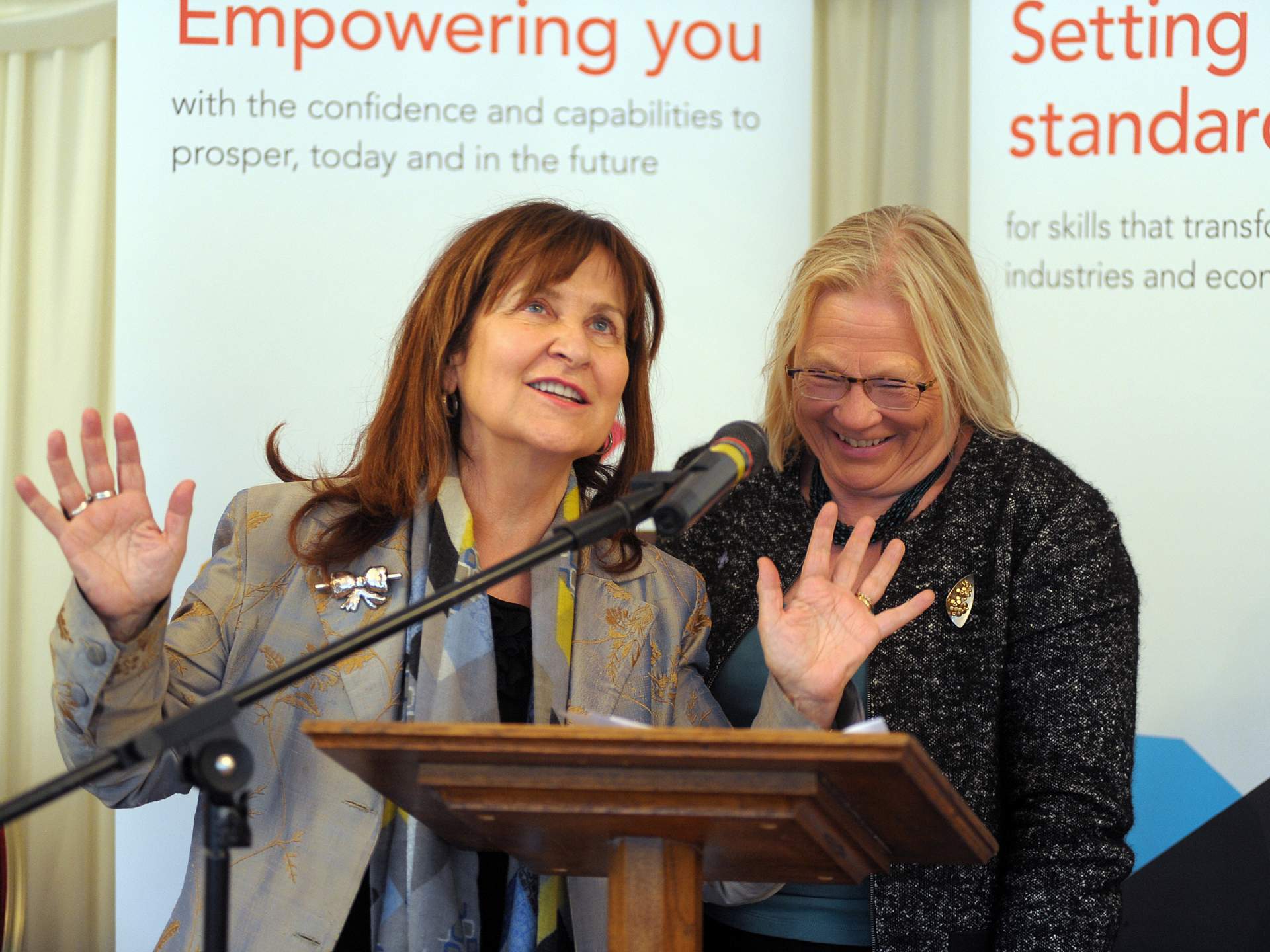We would like to use cookies to ensure we give you the best experience on our website. If you consent to us using cookies, please click on the tick.

Over the last 3-4 months, I’ve been involved in quite a lot of activity around strategic leadership – thinking about it, trying to practice it effectively, observing it in action in others, and speaking about it at a range of events and conferences. The output from my peregrinations around the subject will form the basis of my next few blogs – starting with the leadership of locality.
I was recently invited to No 10 Downing Street to a reception for the Chairs of Local Enterprise Partnerships. I’m one for 4 women from a cohort of 39 Chairs - increasing and amusingly referred to in the collective as the 39 LEPs. In fact they are a good bunch of folk (irrespective of gender) and as experienced, independent, private sector business leaders in our communities, we play a critical role, as the Prime Minister himself reminded us, in helping the country’s economy back to recovery and sustainable growth. To achieve this task each LEP chair is expected to bring together local authority leaders with businesses of all sizes across the LEP area - forming a partnership of mutual interest and wide mix of skills. We are a ‘coalition of the willing’ -with the common goal of working together for the benefit of locality.
I greatly enjoy the challenges and opportunities of being a LEP Chair and much of this is due to - and derives from- the pragmatic and inclusive leadership approach to LEP formation adopted by the coalition government when it assumed office 3 years ago. This comprised a enterprising combination of instinctive Lib Dem ‘bottom up ness’ mixed with classic ‘laissez faire’ consevativism, enabling LEPs to determine their own boundaries and sphere of operation and putting trust - as well as responsibility for decision making - in the hands of local leaders. This is a refreshing and energising contrast to the ‘top down’ central control model so many of us worked with in the days of the 9 Regional Development Agencies. In fact, this was one of the main reasons why I was attracted to undertaking what amounts, for most Chairs, to the equivalent of an unpaid 2-3 day a week role - something else David Cameron and his Cabinet colleagues were at pains to acknowledge and thank us for during our recent visit.
Most LEP Chairs I have spoken to about their motivation to take on such a role indicate that they have got involved for three main reasons. Firstly we care about the localities in which we live and work and we want to help them prosper - nationally and globally. Secondly we appreciate the huge financial challenges in the form of severe budgetary cuts faced by our local authority colleagues and we are called to help them find creative solutions to these. Finally we value the chance to bring the best of public and private sector leadership practices together in an innovative way.
As I believe is the case for my own LEP, the SE Midlands Local Enterprise Partnership (SEMLEP), which comprises 11 local authorities covering an area with a population of almost 2million and strategically located between London and Birmingham and Oxford and Cambridge, leadership of locality can work if all involved pull together for the benefit of BOTH our own specialist interest area (be that specific business or local authority represented) AND the overall collective. As someone once said ‘we can all get rich so long as none of us wants to be kingpin’. That’s one of the challenges for all who seek to become strategic leaders – including our very own Prime Minister, leading a coalition government.
11 November 2024
11 November 2024
08 March 2024
24 December 2023
28 August 2023
31 December 2022
24 December 2022
05 May 2021